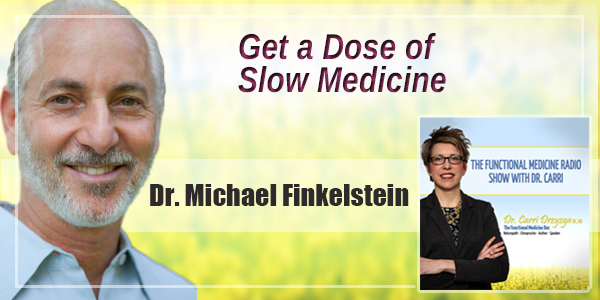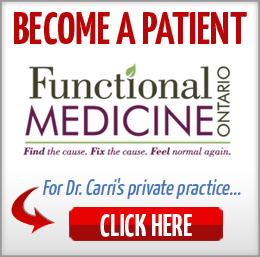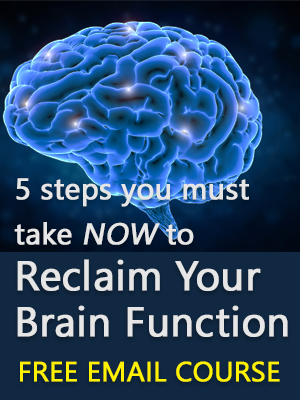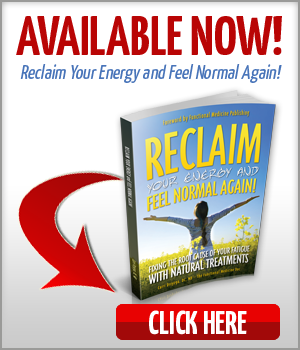Podcast: Play in new window | Download
Subscribe: Apple Podcasts | Android | RSS
In this episode of The Functional Medicine Radio Show, Dr. Carri’s special guest Dr. Michael Finkelstein explains the concept of Slow Medicine and the vast benefits it offers.
Dr. Finkelstein has training in both conventional and integrative medicine, and he is the recipient of numerous distinctions. Drawing from his diverse medical expertise, Dr. Finkelstein offers both a micro and macro point of view on today’s healthcare needs and challenges, and he provides a tried-and-true solution for healing individual patients and the medical system as a whole. It’s called Slow Medicine.
Main Questions Asked:
- Many people have chronic health problems and they’ve tried a lot of remedies and they’re still And, they’re tired of being offered band aid solutions. Is this what prompted you to write your book – Slow Medicine?
- In your book you outline 77 questions that we should answer to figure out where our health problems really coming from. Can you tell us more about that whole process?
- Your 77 questions cover 4 key categories: Self, Relationships, Nature and Beyond. Can you give some examples?
- How do you see people using your book or how do you recommend they use your book?
Key Points made by Dr. Finkelstein:
- There’s a fundamental problem when we try to do things too quickly especially when it comes to a complex situation like how we feel and whether or not we’re healthy whether that’s in our mind or body, our communities, all those things together.
- There needs to be an appreciation that things take time and one of the things that take time is that initial evaluation of looking at the pieces of the puzzle and making sure at least the majority, if not all, of the pieces are examined to really understand what’s going on with the person.
- To me that’s an inventory of questions that analyze not just the physical body but the way that physical body interacts with the rest of that person’s life which is what’s in their mind, what’s in their community, what’s in the environment around them, things that affect us all, all the time.
- There actually is a better definition of health: the functional relationship between the body and the rest of the person’s life.
- A good body works really nicely but if you have crappy relationships then what good is it doing for you? Similarly, a person could be sick and broken down yet has remarkable relationships and a remarkable life and maybe they’re days or minutes from death and they’re smiling, they’re still able to do that. I’ve seen that dozens and dozens of times.
- Health is a functional state of being. It’s not just the numbers. This more holistic assessment of health is like doing a jigsaw puzzle. Imagine if you kept half of the pieces in the box. You would never complete the picture. The first step to any puzzle’s solution is to get all of the pieces out of the box, flip them over and then come up with some sort of practical plan to piece them all together.
- Health is moving in a direction of greater value, vitality and meaning. It doesn’t mean I live forever, it doesn’t mean I never get an ailment, it doesn’t mean I don’t have to see doctors and therapists. It means I can function well enough to live my life and that’s what that definition is trying to establish.
- Say I was a magician and I have this wand I can wave and get rid of all your ailments. The question I’m still going to ask you is “Now what are you going to do with your life?” because without clearly understanding why you want to be healthy, unconsciously, the body doesn’t necessarily follow when there’s no coherence.
- Our cells are driven not just by our thoughts, but they’re driven by, maybe, a more existential spiritual longing for something greater meaning of our lives and that needs to be connected in this process.
- In my wheel of health idea there are 7 spokes: Self, relationships, nature, beyond, the physical body itself, the mental/emotional body and community which is our working relationship with each other.
- Then there are 4 relationships. It does start with self. How do you feel about yourself? Do you spend enough time taking care of yourself? Do you recharge your batteries or do you rush, rush, rush through your own life and your name doesn’t appear in your own calendar?
- Are you aware of life force energy within you? In truth, our state of being is all of these things happening at the same time.
- Look at the things where it would be easiest for you to make a move. Make a plan for yourself that in the next week or month, I’m going to do the easiest things first. I’m going to do the edges of this puzzle.
- Then take the inventory again. Now you see where the opportunities are and you read those areas of the book where those come up and do those steps. Over time, you see that it’s a blueprint for health.
- Six months later, people feel remarkably better. Not because they’re targeted a particular ailment or symptom but because they’re promoting the innate healing response because by pulling this all together they get stronger and stronger and stronger. The picture becomes more complete.
Resources Mentioned:
Book – Slow Medicine: Hope and Healing for Chronic Illness
Book – Reclaim Your Energy and Feel Normal Again
Thank you for listening! If you enjoyed this podcast, please subscribe and leave a 5 star rating and review on iTunes!








